
It is common to hold the President accountable for everything the federal government does. He plays a role, but Congress holds the greater power in setting policy, making laws, spending money, and laying taxes. Let us consider the size of the deficit over the last 21 years and who held control of the presidency and of each house of Congress.
From 1989 through 1992 the deficit was increasing. During these years of President George Herbert Walker Bush, the Democrats controlled both houses of Congress. From 1993 through 1997, the deficit was decreasing, with Clinton president and the Democrats controlling both houses in 1993 and 1994, but the Republicans controlling both houses in 1995 through 2000. From 1998 through 2001, the government ran a rare surplus and actually was paying down the debt. In 2001 and 2oo2, the Democrats had control of the Senate, having achieved that in late May 2001 and George W. Bush was president. From 2002 through 2004, the deficit increased, when the Republicans held both houses and the presidency, except in the first year when the Democrats still held the Senate. In 2006 through 2007, the deficit decreased, with the Republicans fully responsible, except in 2007 when the Democrats controlled both houses of Congress. In 2008, the deficit soared with the Democrats still in control of both houses and Bush still president. In 2009, the deficit grew all the way down to China under Obama and with the Democrats in complete control of both houses of Congress.
Of the 21 years, there were 12 years in which the deficit was either decreasing or there was a surplus. In two of those years, 1993 and 1994, the Democrats can claim all the credit. In another set of two years (2005 and 2006), the Republicans can claim all of the credit. In 6 of the years (1995 - 2000) there was a Democrat President and a Republican Congress. In two of the years (2001, 2007) there was a Republican President and the Democrats held one or two houses of Congress. The most effective combination seems to be to have a Democrat President and a Republican Congress when it comes to minimizing deficit spending.
Why is this? It is because spending is more likely to be controlled when power is split between the parties and each has some ability to stop the other from spending. It is also because the Republicans are a bit less inclined to spend money than are the Democrats, so it is best to put them in control of the spending authorizations, which are done in Congress. It is also best if when power is split between the Congress and the President, that the Senate not have as many as 58 Senators from one party. That way, the majority party, even with a couple of defectors from the minority party, cannot prevent filabusters. It is also good if no party has as many as two-thirds of the seats in the House of Representatives, so they cannot override vetoes.
Balance of power is a very good thing. We do not have that now and we are paying the price with a trillion dollar plus deficit.












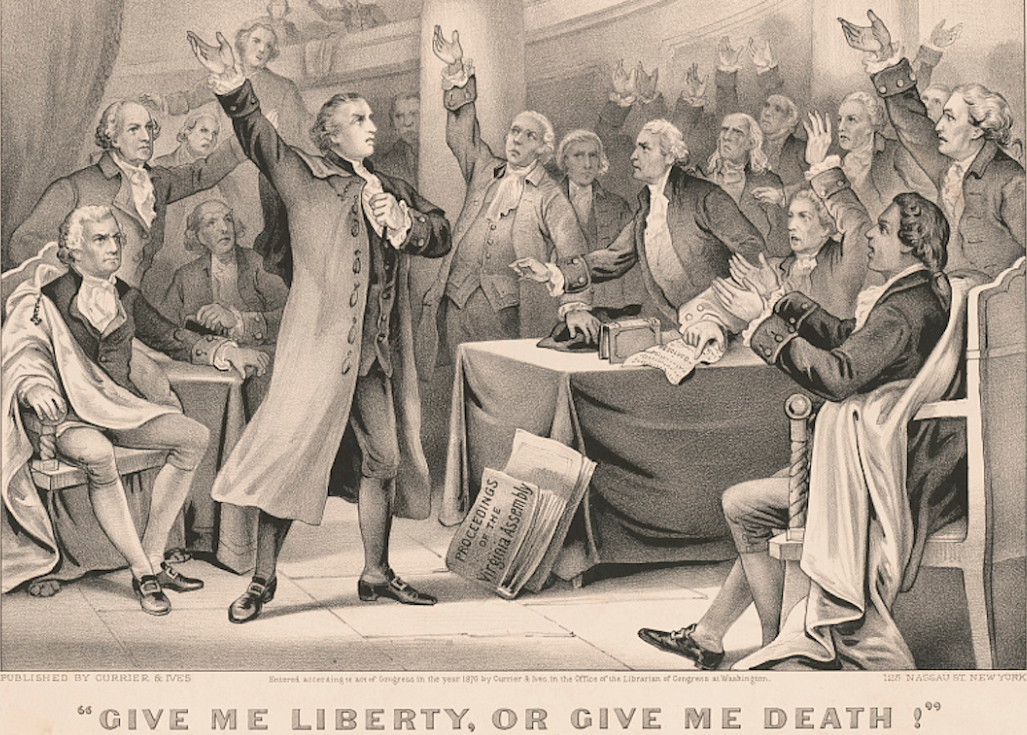

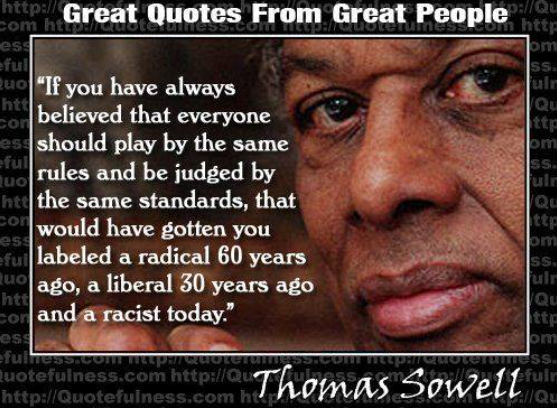
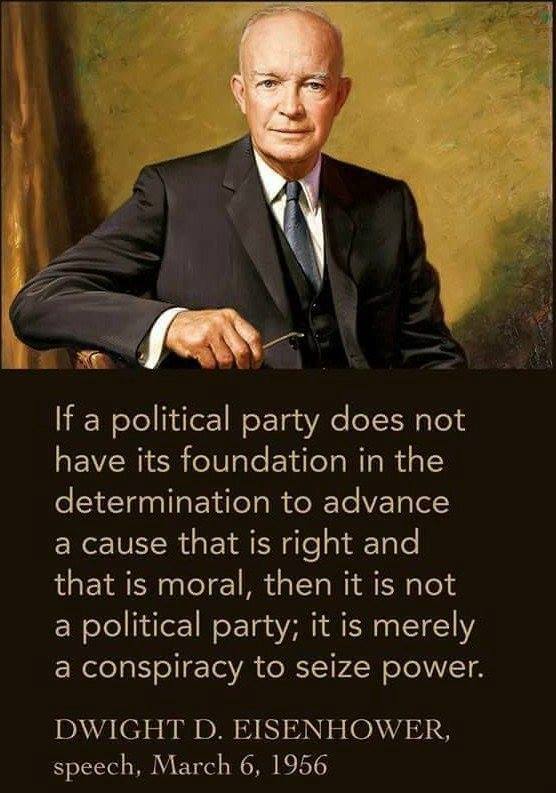
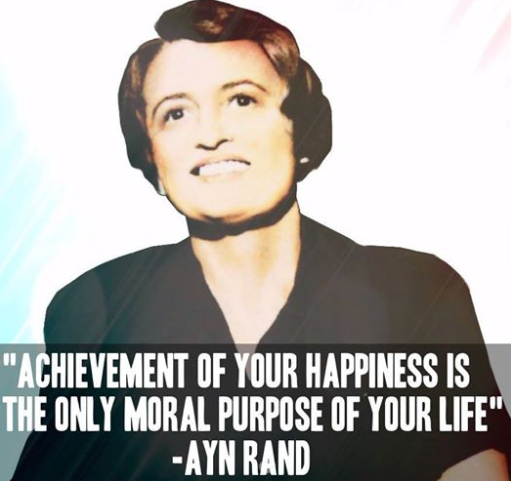



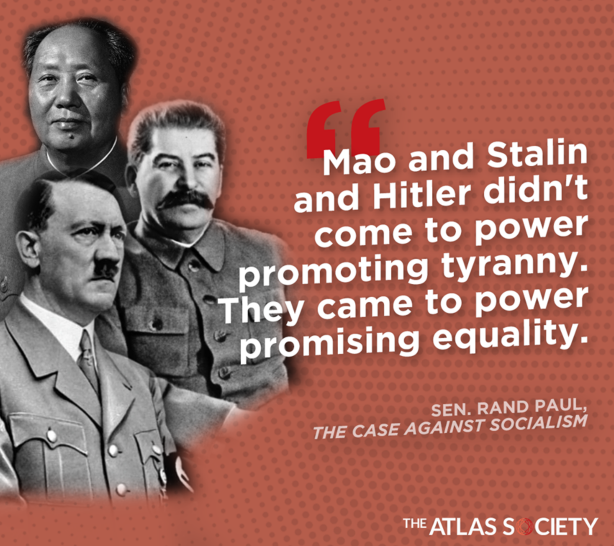
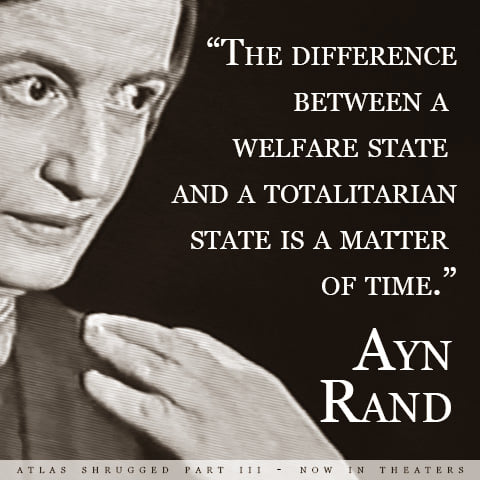

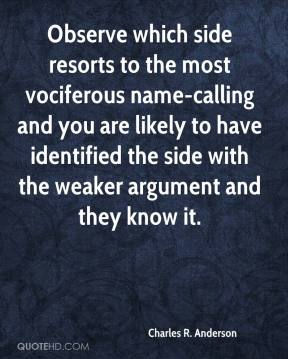
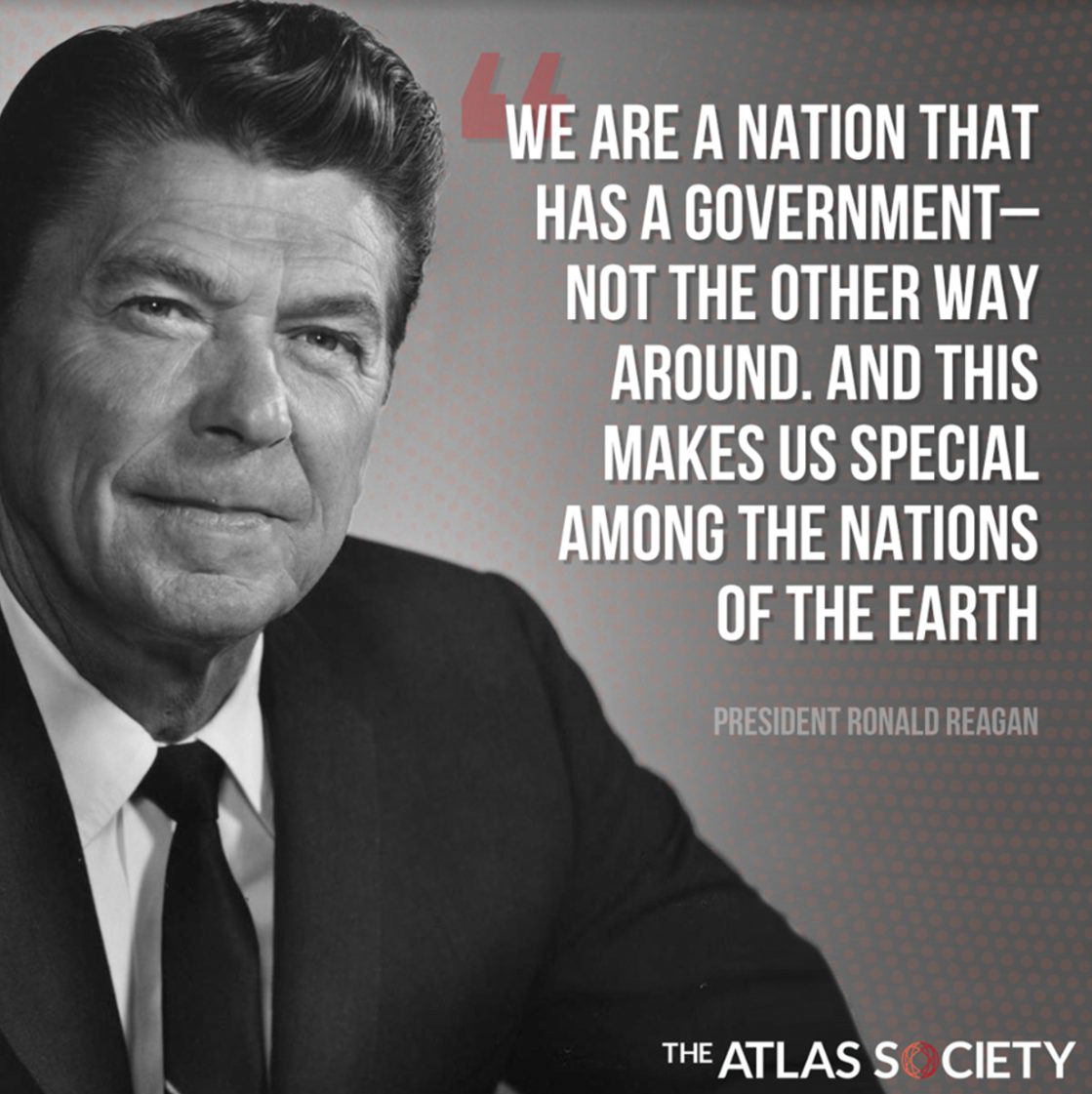




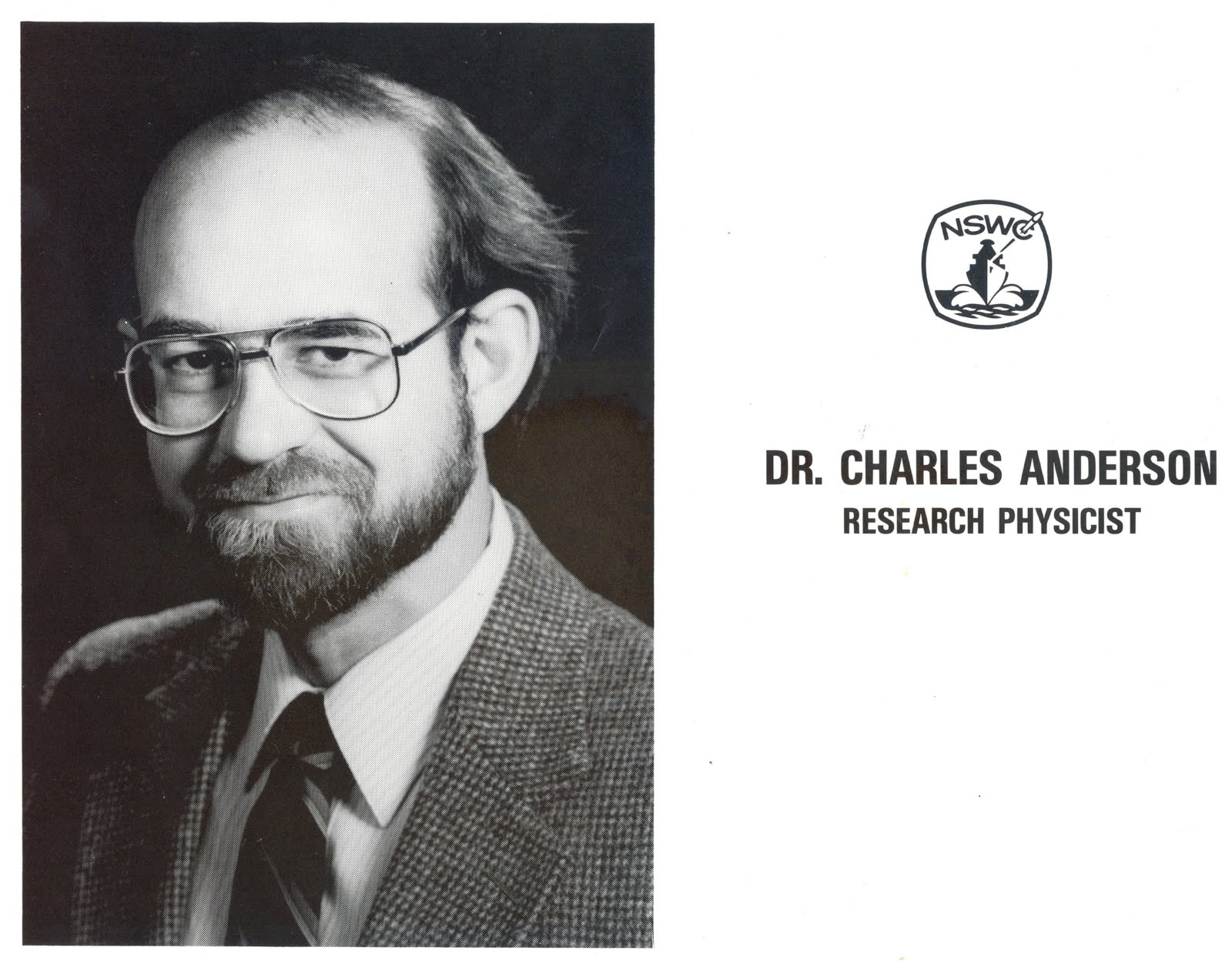

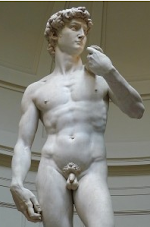



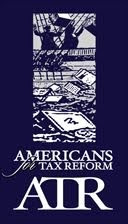


























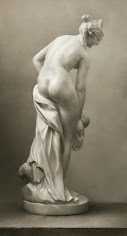
No comments:
Post a Comment